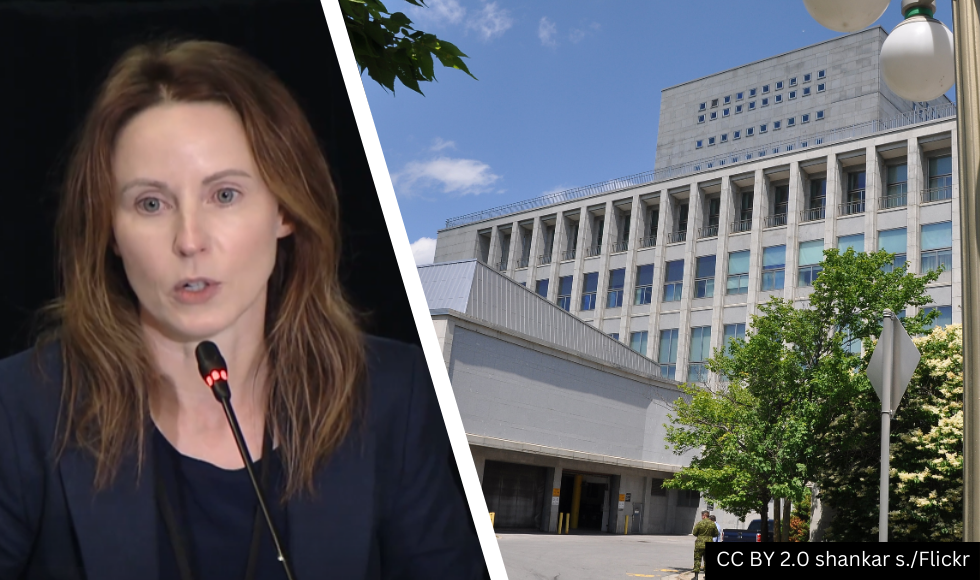Alina Sajed granted President’s Award for Excellence in Graduate Supervision
The Faculty of Social Sciences is thrilled to announce that Alina Sajed, associate professor in the Department of Political Science, was chosen as one of the recipients of this year’s President’s Award for Excellence in Graduate Supervision.
Alina, along with four other graduate supervisors from across the university, was awarded the distinction, handed out as part of the 25th Annual Graduate Student Recognition Awards.
We took the opportunity to catch up with Alina to talk about how her graduate supervisor helped shape her supervision style, and her past and present research focus.
Congratulations on the award! How does it feel to be recognized?
Thank you. It feels good, of course, but it is also a humbling experience because I know there are many colleagues who are equally deserving of this recognition.
How did your own experience as a student help shape the way you supervise others?
I was incredibly fortunate to have had the late William D. Coleman for my supervisor. I have been deeply saddened by the recent news of his passing. He was an amazing role model for me both as a scholar and as a human being: he was always compassionate, supportive and kind, but he also consistently demanded rigour in my doctoral work. I will always be grateful to him for his mentorship. I can only hope to have the same kind of positive and transformative impact on my students.
What are your main areas of research? How did you become interested in them?
My main areas of research are international relations, with an emphasis on the politics of Global South, decolonization, and anti-colonial theory and praxis. My doctoral project focused on North Africa (in particular the Algerian War) and on the socio-political realities of North African migrants in postcolonial France.
My first tenure track position was at the University of Hong Kong, and by then I had started a research project looking at the Dutch East Indies. I published on the rise of anticolonial Islamic movements in Southeast Asia, and on the politics of race and gender in the Indonesian postcolonial nation-building project. It was in Hong Kong that I published my first book Postcolonial Encounters in the Maghreb, which was a revised and expanded version of my doctoral dissertation.
What research have you focused on at McMaster?
After three years in Hong Kong, I returned to McMaster as an Assistant Professor of International Relations. For the last five years, I have been working on a SSHRC-funded project on Third Worldism in international politics, with a focus on North Africa and the Middle East.
Departmental NewsRelated News
News Listing

Associate Professor Chelsea Gabel named Tier 1 Canada Research Chair
Awards, Departmental News
7 days ago

Political Science Professor Thomas Marois named Tier 1 Canada Research Chair
Awards, Departmental News
7 days ago

Political Science associate professor Andrea Lawlor testifies at Canadian Commission on Foreign Interference
Departmental News
November 12, 2024
